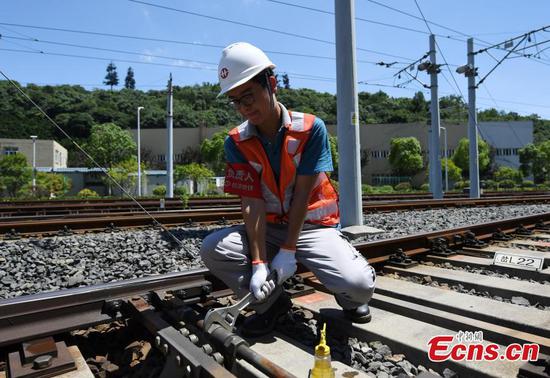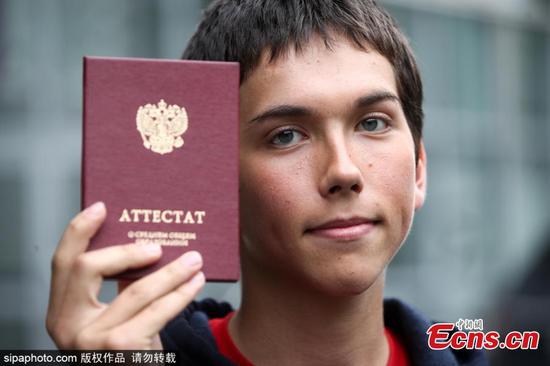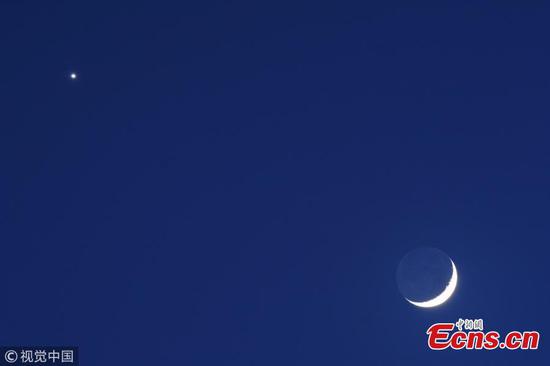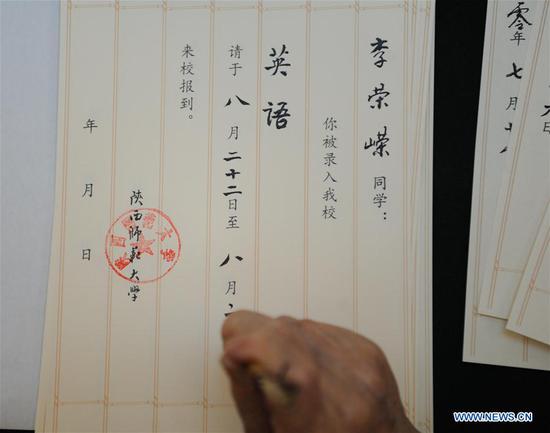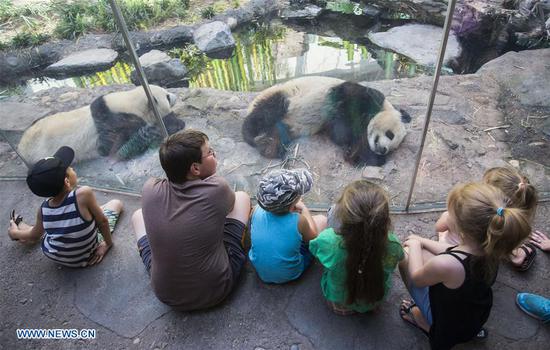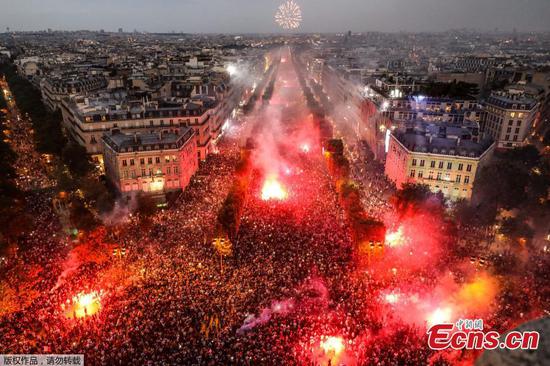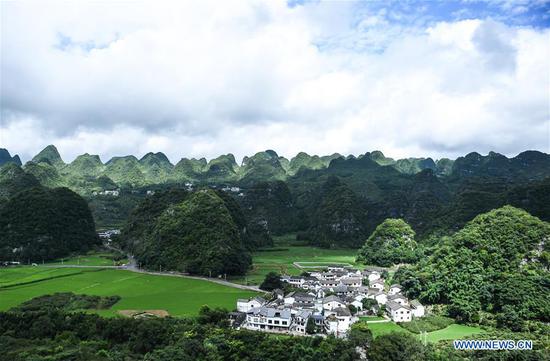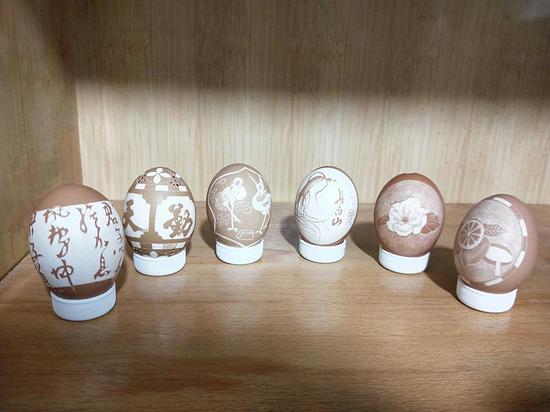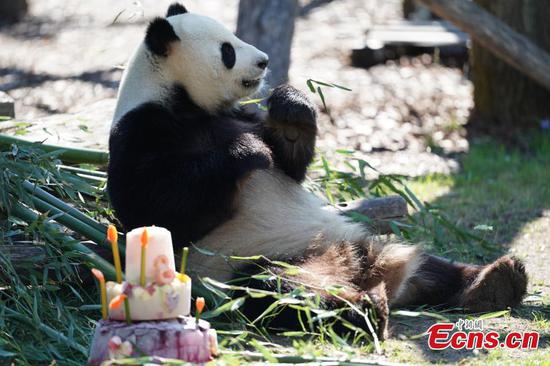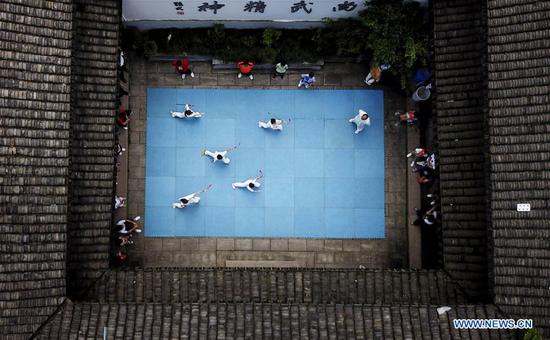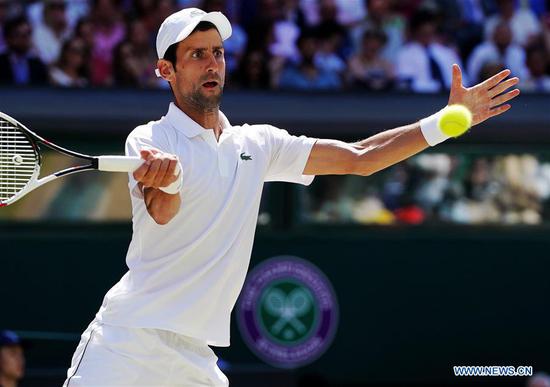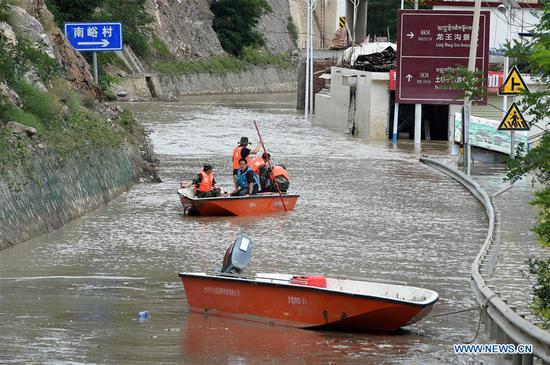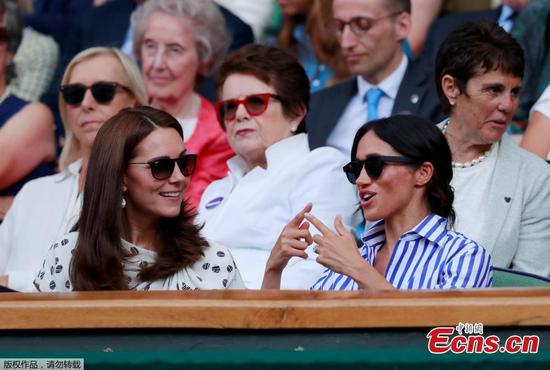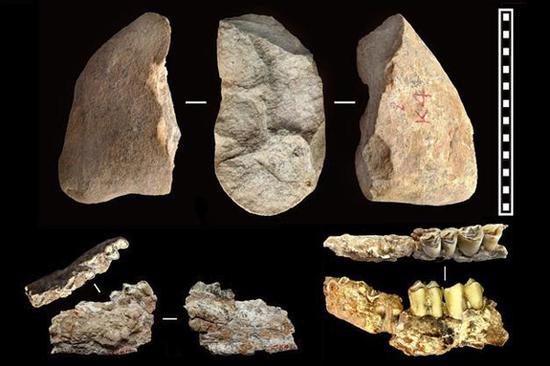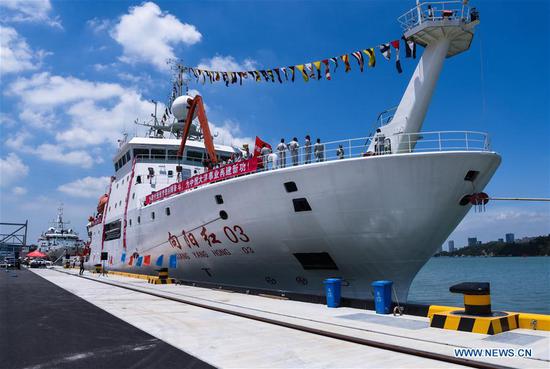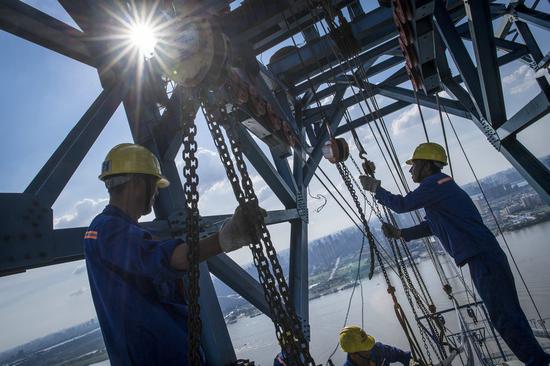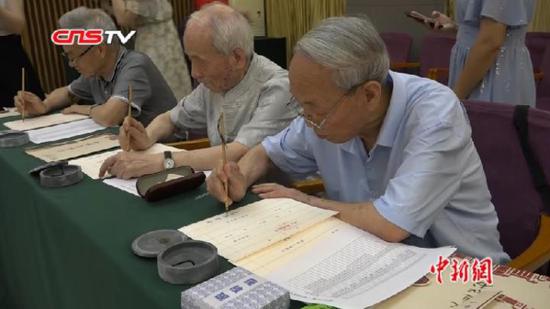(ECNS) - There will be no winner in a Sino-U.S. trade friction while American consumers will bear the consequences, some Hong Kong business leaders said at a meeting on Monday.
Edward Yau Tang-wah, secretary for Commerce and Economic Development of Hong Kong, met with representatives of major commerce chambers and associations of small and medium-size enterprises to discuss the impact of trade conflicts on the special administrative region.
Goods exported from Hong Kong, worth more than 130 billion HK dollars, will be affected if the Trump administration imposes a list of 10 percent tariffs on $200 billion in Chinese goods plus the already effective tariffs over Chinese imports worth $50 billion, accounting for half of the total Chinese goods to the U.S. that pass through the city and 2.2 percent of Hong Kong’s total exports, said Yau.
A trade war has begun and the market sentiment is negative, but after talking with the commerce chambers, no Hong Kong enterprise has suffered any major impacts, he said.
Hong Kong is fully prepared and has introduced credit guarantees for SMEs if needed while information exchange has been increased among all stakeholders and commerce chambers can directly communicate with government departments.
The $50 billion tariff will affect Hong Kong's annual GDP growth ranging from 0.1 percent to 0.2 percent, however it’s difficult to estimate indirect influences including investment prospects, said Yau.
Hong Kong will sign free trade agreements with more countries, expand its free trade scope, and propose the establishment of five additional offices overseas -- opening a third office in ASEAN and one each in India, South Korea, Russia, and the United Arab Emirates, in order to tap further development, according to Yau.
Jimmy Kwok, chairman of the Federation of Hong Kong Industries, said manufacturing costs will rise due to the trade war and half of manufacturers have indicated the increased costs will pass to U.S. consumers.
Dr Ng Wang Pun, president of The Chinese Manufacturers' Association of Hong Kong, said approximately 30 percent of association members are pessimistic about prospects, while 35 percent remain optimistic.













